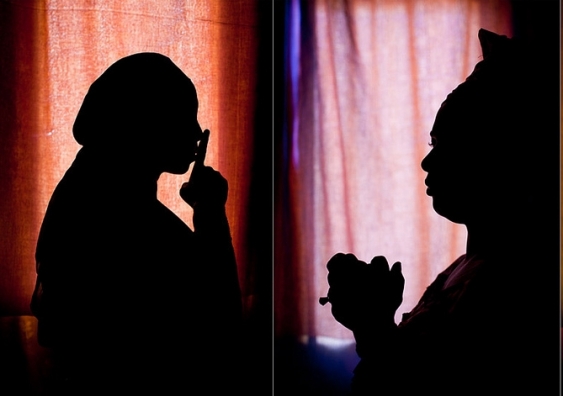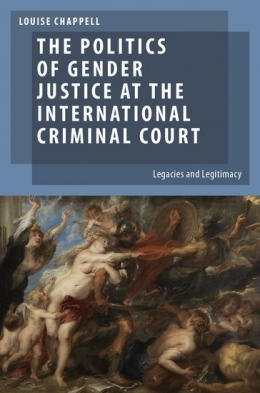International Criminal Court fails to deliver justice for women
The legitimacy of the International Criminal Court is at risk because of its delay in delivering justice for victims of sexual and gender-related violence, new research shows.
The legitimacy of the International Criminal Court is at risk because of its delay in delivering justice for victims of sexual and gender-related violence, new research shows.

Wendy Frew
UNSW Media Office
02 9385 1370
The legitimacy of the International Criminal Court is at risk because of its delay in delivering justice for victims of sexual and gender-related violence, new research shows.
UNSW Professor Louise Chappell from the School of Social Sciences has exposed a complex web of institutional and political obstacles to gender justice at the International Criminal Court (ICC).
Judges have demonstrated a timidity in using the ICC’s new gender justice provisions to address sexual and gender-based crimes; there is a gender blindness to some extent.
“There have been significant advances in some areas, such as the representation of women in the judiciary, and the extension of assistance to victims of sexual and gender-based violence,” says Professor Chappell.

Well received in international legal circles, Professor Chappell's book will be launched at UNSW by the President of the Australian Human Rights Commission, Professor Gillian Triggs.
But there have been many problems, such as how evidence has been gathered and interpreted in ICC cases, as Professor Chappell explains in her new book ‘The Politics of Gender Justice at the International Criminal Court: Legacies and Legitimacy’.
The ICC was established in 1998 to help end impunity for the perpetrators of the most serious crimes of concern to the international community.
It recognises rape, sexual slavery, forced prostitution, forced pregnancy or sterilisations, people trafficking and sexual violence as crimes under its jurisdiction.
“I think part of the problem internationally is that ICC judges have expected a higher standard of evidence for sexual violence and gender-based crimes to prove they have occurred,” says Professor Chappell.
“Also, judges have demonstrated a timidity in using the ICC’s new gender justice provisions to address sexual and gender-based crimes; there is a gender blindness to some extent,” she says.
“There have also been problems with prosecution efforts. In some cases, prosecutors haven’t bothered to look for evidence of these crimes and they haven’t thought about using new methods to look for it.”
In recognition of the International Day for the Elimination of Violence against Women, this month, Professor Chappell’s book was launched by the ICC’s Chief Prosecutor Fatou Bensouda at the Australian Embassy in The Hague, and at the new Centre for Women, Peace and Security at the London School of Economics. Well received in international legal circles, it will be launched at UNSW by the President of the Australian Human Rights Commission, Professor Gillian Triggs.
Professor Chappell co-directs the gender, development and human rights project at UNSW’s Australian Human Rights Centre. Her research spans the areas of women’s rights, gender, politics and institutions.
What: The Politics of Gender Justice at the International Criminal Court, by Louise Chappell
When: 7 December 2015, 6pm - 7:30pm
Where: UNSW Business Lounge, Level 6, UNSW Business School, UNSW Kensington

Oxfam International/ Flickr creative commons www.flickr.com/photos/oxfam/